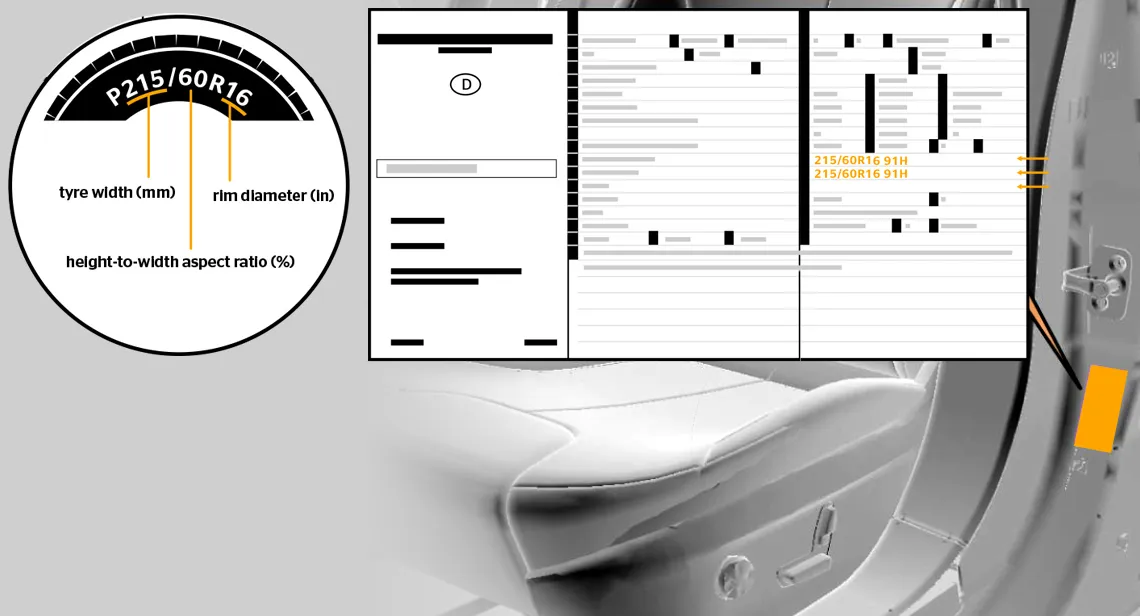Continental, a global leader in automotive technology and tire manufacturing, has recently introduced its ambitious strategic program, "Vision 2030," specifically for its Tires business area. As the industry evolves at a rapid pace, Continental aims to remain at the forefront of innovation, sustainability, and customer satisfaction. This article delves into the key components of the "Vision 2030" program and how it positions Continental for future success.
Customer-Centric Alignment: Prioritizing Customer Needs
At the core of the "Vision 2030" strategic program is a strong emphasis on customer-centricity. Continental recognizes that understanding and responding to customer needs is crucial in an increasingly competitive market. The program is designed to systematically align the organization and all its business activities with the expectations and demands of its customers.
This customer-centric approach is expected to enhance overall performance by ensuring that Continental’s products and services are closely aligned with the specific requirements of its diverse customer base. By focusing on what customers value most—be it performance, sustainability, or digital solutions—Continental aims to build stronger relationships and foster greater brand loyalty which makes it the most selling tire manufacturer in Saudi Arabia.
Profitable Growth in Key Markets
As part of its strategic vision, Continental is targeting profitable growth, particularly in rapidly expanding markets. The company plans to increase its market share in Asia and North America, regions that are witnessing significant growth in the automotive sector.
Continental's approach to growth is not just about expanding its footprint but also about doing so in a way that is financially sustainable. By focusing on profitability, Continental ensures that its expansion efforts contribute to long-term success rather than short-term gains. The company's commitment to innovation, combined with its premium tire offerings, positions it well to capture a larger share of these dynamic markets..png)
Ambitious Sustainability Goals: A Commitment to the Environment
Sustainability is a cornerstone of Continental's "Vision 2030" program. The company has set ambitious goals to differentiate itself through sustainable practices and digital solutions. This commitment to sustainability is not just about meeting regulatory requirements but about leading the industry toward a more environmentally responsible future.
Continental’s sustainability goals include using 100% renewable and recycled materials in its tires, a target that aligns with global efforts to reduce carbon emissions and waste. The company is also focused on minimizing the environmental impact of its production processes, ensuring that its operations are as green as possible.
Furthermore, Continental's dedication to sustainability extends to its product offerings. The company is investing in the development of tires that are specifically designed for electric vehicles (EVs), a sector that is rapidly growing as consumers and manufacturers alike seek to reduce their carbon footprint. By prioritizing sustainability in both its operations and products, Continental is setting a new standard for environmental responsibility in the tire industry.
Smart Digital Tire Solutions: The Future of Mobility
In today’s digital age, the integration of smart technology into products is becoming increasingly important. Continental recognizes this trend and has made smart digital tire solutions a key focus of its "Vision 2030" program. These solutions are expected to play a crucial role in differentiating Continental from its competitors and driving future success.
Smart tires are the best tires equipped with sensors and connectivity features, and can provide real-time data on tire performance, wear, and road conditions. This information can be used to enhance safety, optimize vehicle performance, and reduce maintenance costs. For fleet operators, in particular, smart tire solutions like Continental’s Conti360° fleet services offer significant benefits by improving efficiency and reducing downtime.
By incorporating digital innovation, Continental is not only enhancing the value of its products but also contributing to the broader trend of connected and autonomous vehicles. As the automotive industry continues to evolve, smart digital tire solutions will be essential for staying competitive and meeting the demands of modern consumers.
Strategic Focus on Key Market Segments
Continental’s "Vision 2030" program also outlines a clear strategic focus on key market segments within the tire industry. In the passenger and light truck tire segment, the company is prioritizing the development of tires for electric vehicles (EVs) and ultra-high-performance tires. As the adoption of EVs continues to grow, the demand for specialized tires that cater to the unique requirements of these vehicles is expected to rise.
In the truck and bus tire segment, Continental’s Conti360° fleet services are a central component of its strategy. These services, which include everything from tire management to breakdown assistance, are designed to meet the specific needs of commercial fleets, helping to reduce operating costs and improve overall efficiency.
Additionally, Continental sees significant growth potential in its specialty tire business, which includes agricultural tires. As the global population continues to increase, the demand for agricultural products is rising, creating new opportunities for Continental to expand its presence in this important market segment..png)
Continental’s Market Position: A Global Leader in Tire Manufacturing
Continental’s "Vision 2030" strategic program is built on the company’s strong market position. Currently, Continental is the world’s third-largest manufacturer of passenger tires and the fourth-largest producer of truck tires. This leadership position is a testament to the company’s commitment to quality, innovation, and customer satisfaction.
With its premium tire portfolio, Continental continues to strive for peak performance in tire technology. The company’s investments in research and development ensure that it remains at the cutting edge of tire innovation, delivering products that meet the highest standards of safety, performance, and sustainability.
Conclusion: Driving Toward a Sustainable and Customer-Centric Future
Continental’s "Vision 2030" strategic program represents a bold and forward-thinking approach to the future of tire manufacturing. By prioritizing customer needs, targeting profitable growth in key markets, and committing to ambitious sustainability goals, Continental is well-positioned to lead the industry in the years to come.
Through its focus on smart digital tire solutions and its strategic emphasis on key market segments, Continental is not only responding to current industry trends but also shaping the future of mobility. As the company continues to innovate and evolve, "Vision 2030" will serve as a guiding framework for achieving long-term success in an increasingly dynamic and competitive market.







